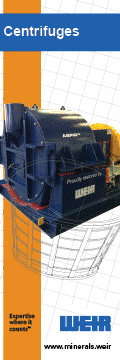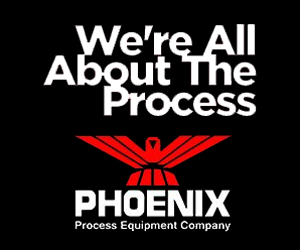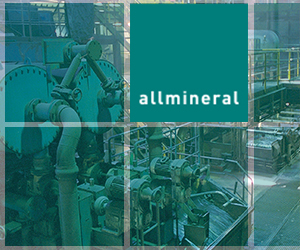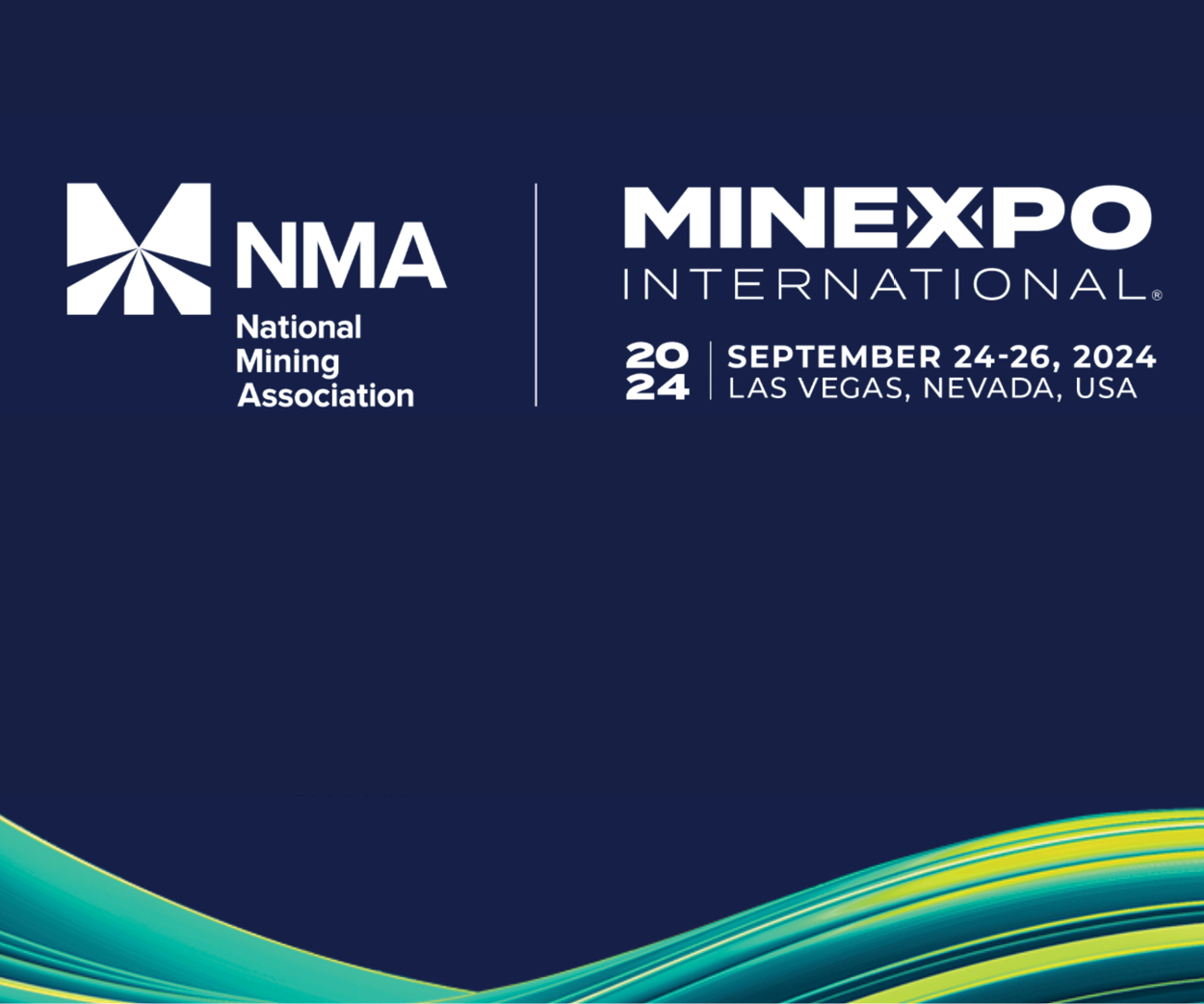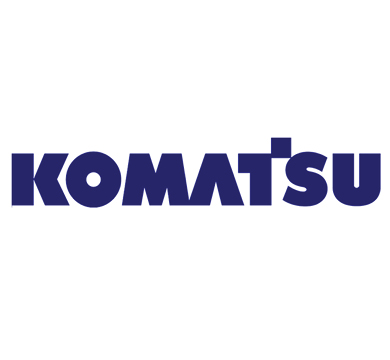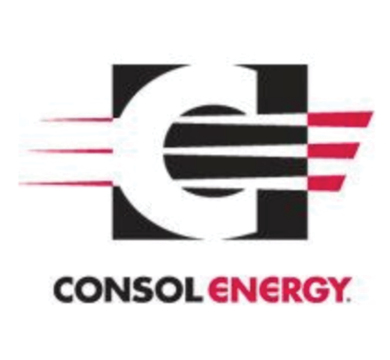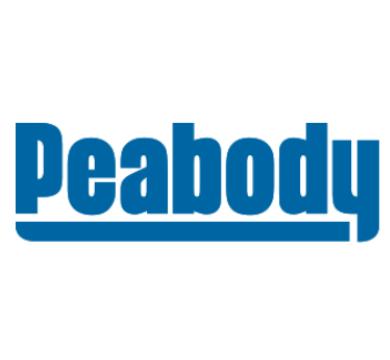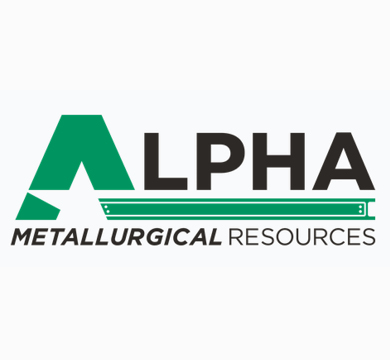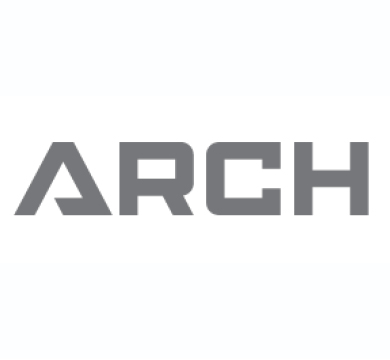Mineral Mountain Resources Sets Sights on Rochford Gold Belt, Idaho
A Canadian company has ditched its search for gold at Keystone and now wants to drill as many as 120 exploratory holes near Rochford.
Mineral Mountain Resources, of Vancouver, British Columbia, has notified the South Dakota Department of Environment and Natural Resources that the company wants to drill about a half-mile southeast of Rochford. The small, unincorporated community in the central Black Hills was a gold-mining hub during the late 1800s.
The company’s plan is under review by the DENR. Roberta Hudson, a DENR engineer, said last week the company is on track to receive a permit by mid-June.
In recent months, Mineral Mountain has issued news releases about the Rochford project for investors.
“The Company now owns the largest land position in the Rochford Gold Belt and now possesses by far the largest and most comprehensive database for the district in modern day exploration history,” Mineral Mountain said in a February release. “The Rochford Project is vastly under-explored and has the potential to host several district-scale gold discoveries.”
Much of the Rochford drilling project will be out of public view, on privately owned land south of Rochford Road in a mountainous, forested area served partly by gravel roads. According to paperwork filed by Mineral Mountain with the DENR, no drill hole will exceed 4,000 feet in depth, and no contact with underground water sources, known as aquifers, is anticipated.
The drill holes will be 2 to 4 inches in diameter. Water to aid the drilling will be pumped from Rapid Creek, which flows alongside Rochford Road. Used water will be stored in a tank where the cuttings will settle out so the water can be reused. At the end of drilling, the water will be disposed pursuant to state regulations, possibly at a sewage treatment plant.
After a hole is drilled and core samples are removed, each hole must be filled with bentonite, or with concrete if an aquifer is encountered. The disturbed area on the surface must be reclaimed.
Mineral Mountain paid $250 for an exploratory permit and will maintain a $20,000 bond with state government, which Hudson said is the maximum statewide bond imposed for exploratory drilling. The bond exists to be used by state government if Mineral Mountain abandons the project without fully reclaiming it.
Mineral Mountain explored for gold in the mountains at Keystone, another historical Black Hills mining community, from 2012 to 2015. According to information published by Mineral Mountain for investors, the company had an agreement with Holy Terror Mining Co., a South Dakota-registered corporation, to acquire a 60 percent interest in some mineral claims if Mineral Mountain made $1 million in payments and issued 10 million common shares by May 2015, and incurred $7.5 million in exploration expenses by May 2022.
Mineral Mountain reported to investors that it paid $750,000, issued 10 million common shares and incurred $5.17 million of exploration expenses by May 2015. The company declined to make the final payment of $250,000, and then terminated its agreement with Holy Terror Mining Co. and “wrote down” property-acquisition and exploration costs totaling $8.24 million.
“The Company decided to direct all of its attention and financial resources to the development and advancement of the Company’s 100 percent owned Rochford property as it felt the Rochford property held a greater potential to discover an iron hosted gold deposit,” Mineral Mountain said in a December investor publication.
Mineral Mountain President and CEO Nelson Baker, whose corporate biography says he earned a geological engineering degree in 1968 from South Dakota School of Mines & Technology in Rapid City, corresponded last week with the Journal by email. He said his company has not ruled out returning to Keystone if global market conditions improve and the company can raise the money needed to properly explore the area.
“Our drill results confirmed that additional drill testing was required to better define the gold zones that occur within the option patents,” Baker wrote of the Keystone exploration effort. “Unfortunately for Mineral Mountain and the rest of the mining industry around the world, we were unable to meet our obligations set out in the Option Agreement and the Company and the owners of Holy Terror mutually agreed to terminate the agreement.”
Hudson, of the DENR, said Mineral Mountain is reclaiming, or cleaning up, the Keystone-area site and has completed most of the work. She said about 60 holes were drilled there during the 1990s by a company that preceded Mineral Mountain, and she said Mineral Mountain drilled about 40 more holes.
Mineral Mountain received unwanted publicity in late 2012 at a Keystone drilling site when some drilling water and bentonite leaked into Battle Creek. Drilling was shut down for a week, but DENR officials said at the time that the milky substance in the creek did not pose a hazard to people or fish.
Gold mining has been a leading industry in the Black Hills since the 1870s. The biggest current player is Wharf Resources, which reported a haul of 109,175 ounces of gold and 105,144 ounces of silver last year from its mining operation west of Lead in the northern Black Hills.
Source: (May 21, 2017) Rapid City Journal
To stop by Mineral Mountain Resources’ website, CLICK HERE
Be in-the-know when you’re on-the-go!
FREE eNews delivery service to your email twice-weekly. With a focus on lead-driven news, our news service will help you develop new business contacts on an on-going basis.
CLICK HERE to register your email address.





